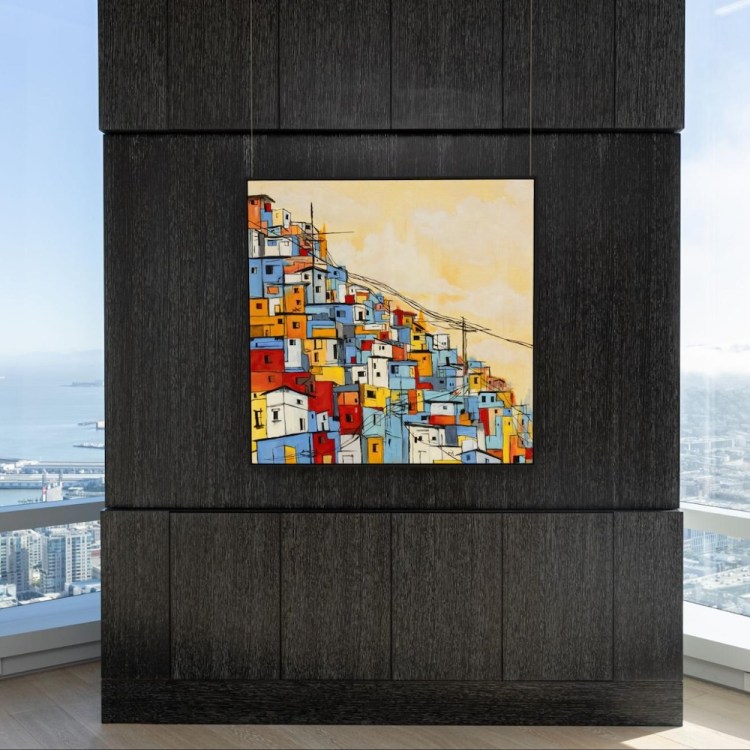You’ve got your brash New Yorkers. Drawl-heavy Southerners. Chilled-out Californians. They all have distinctive accents.
But when it comes to speech, we Midwesterners are as ordinary as they come, right?
Not quite.
As he details in his fascinating new book, How To Speak Midwestern, Edward McClelland argues that the Midwest is in fact one of the most fascinating and consequential regions when it comes to how and why we speak the way we do. “I’ve been writing about and arguing for a Midwest identity for a while now,” McClelland said when we rung him up on a recent afternoon to go deep on what he calls the “classic Chicago accent.”
In addition to history of speech patterns for the different regions of the Midwest, McClelland’s book is notable for its glossary of words, phrases, terminology and slang unique to respective Midwest states. Naturally then we had him give us the inside scoop on some of his favorite Chicago-specific words, from Dibs to Merch. After reading his book, trust us: you’ll be spending a lot more time thinking about how you speak.
InsideHook: What compelled you to write a book on Midwestern speech and language?
Edward McClelland: It started off as an article about the Northern Cities vowel shift for Belt Magazine and that was something I’d been aware of — not the vowel shift but the results of it — since I was in college at the University of Michigan. I had an anecdote in the book about asking someone from New Jersey if she noticed anything about the way Michiganders talk and she said, “Well, you say saynd and cayn.” So I wanted to explore that and I found this was the biggest change in English vowel pronunciation in a thousand years. The Midwest sometimes gets written off as a generic part of the country or the bland middle. So I wanted to show that there was as much interesting speech and colorful speech in the Midwest as there was in any other part of the country and as much linguistic variety.
That makes sense: it often seems Midwesterners lack as clear-cut an identity as the coasts or the South. But in your book you make clear that within the Midwest there are so many different variations on speech.
I feel like I’ve spent my whole career doing that. Some of the words I collected for the book goes all the way back to when I wrote a book called “The Third Coast” which was about traveling around all five Great Lakes and arguing for a regional identity. That was sort of a Northern Pride book. And then I wrote a book called “Nothing But Blue Skies” about the Rust Belt. So it grew out of other things I’ve written and other things I’ve done. Actually some of the words I put in there I first collected in 1998. The Chicago Reader used to do an annual issue called “These Parts” and it was for that issue. So I did glossaries for Michigan, Wisconsin, Indiana and downstate Illinois.
So I’d love to talk to you specifically about Chicago and the way its residents speak to one another. If you ask most native Chicagoans like me they’ll say they don’t have an accent. But you argue otherwise.
Can I ask you a question? Where were you raised?
In a suburb called Arlington Heights.
OK. Because I don’t hear the classic Chicago accent in your voice.












